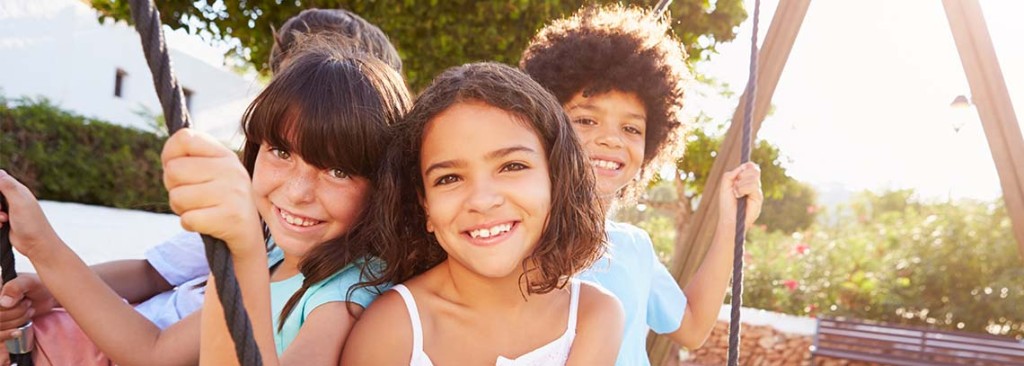
It is healthy for kids to want to feel accepted and that they belong to a group. It is through their friendships that your child develops socially and emotionally, as well as learns to interact with others. A child’s friendships can play a big role in their self-identity and children who experience difficulty developing and maintaining friendships, may feel lonely, isolated or unhappy at school.
Kids who have a friend and then for whatever reason experience a fall-out with them, can also feel worried, unhappy and struggle to navigate the school environment after this friendship changes. Going to school when your child is experiencing peer difficulties, can be stressful and impact their confidence and the way they feel about themselves.
Here are some tips to support your child through the ups and downs of friendships:
1. First, remember that things that may seem trivial to you, can be BIG things in your child’s life. Listen to what they have to say and try and see things from their perspective – you might have to think back to when you were younger!
2. Help your child to problem solve. When they get older, problem solving will become easier, but right now this can be quite challenging. They may think…What do I do when my friend that used to talk to me is no longer there to hang out with at recess? How do I handle peers asking me questions about what happened? What do I do if I share friends with the peer who doesn’t like me anymore? How do I make new friends? Ask your child questions to better understand the situation and support them to come up with things they can do or say to make the situation better. This may reduce some anxiety as well as help your child feel supported and understood by you.
3. Teach social skills – are there areas where your child would benefit from teaching and support? For example, some kids may feel unsure about how to make new friends, therefore, teaching them how to approach peers and enter play may be helpful. Or is your child confident playing with peers, but tends to take over play? In this case, teaching your child about playing on others terms, being flexible with play ideas and turn taking may be helpful.
4. Teach your child to be a friend to themselves. Make sure to encourage them, help them to identify their strengths and remind them that even if someone doesn’t see their strengths or the things that are good about them, it doesn’t mean it’s not there.
5. Support them to get together with the friends they do have – organise activities outside of school hours with peers so that these friendships are developed.
If you would like further information about this topic, or your child would benefit from support in this area, please contact Kids At Max on 03 9702 4447.
Written by Kids At Max – Psychologist
